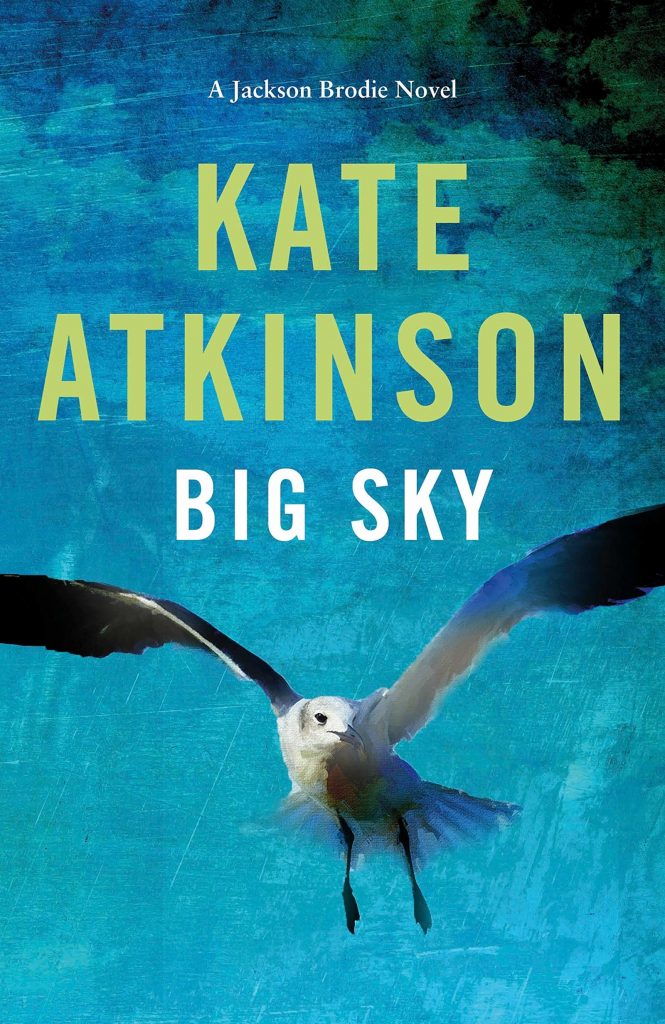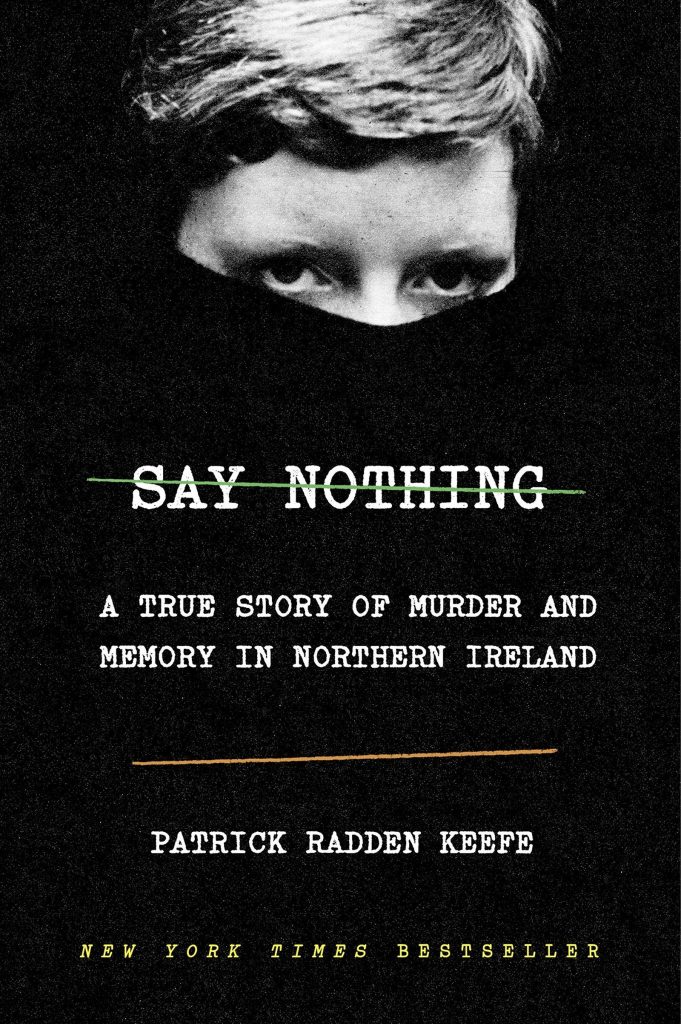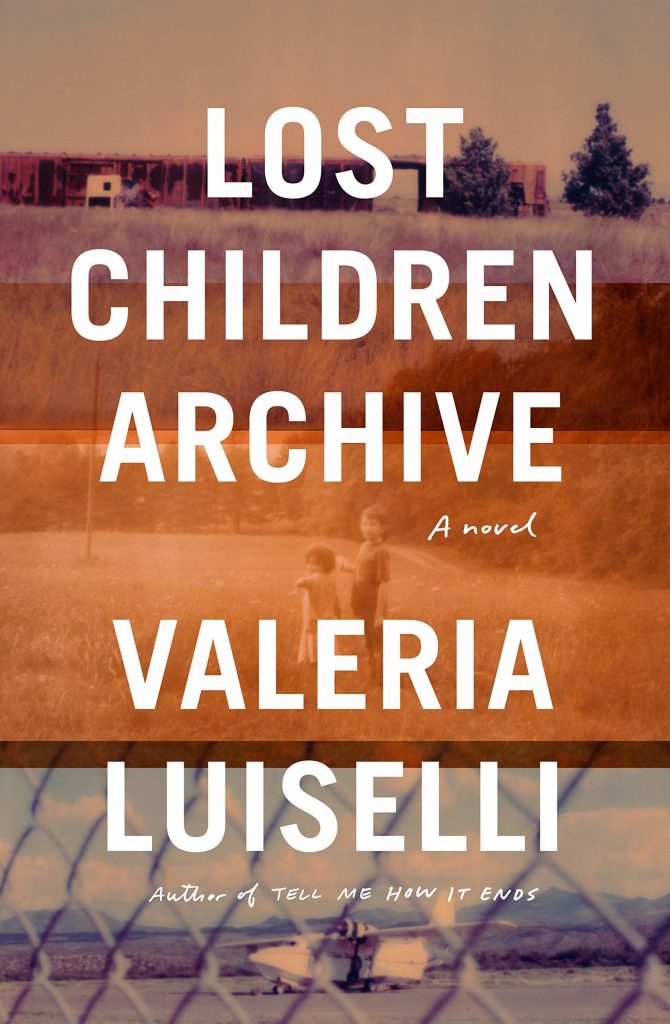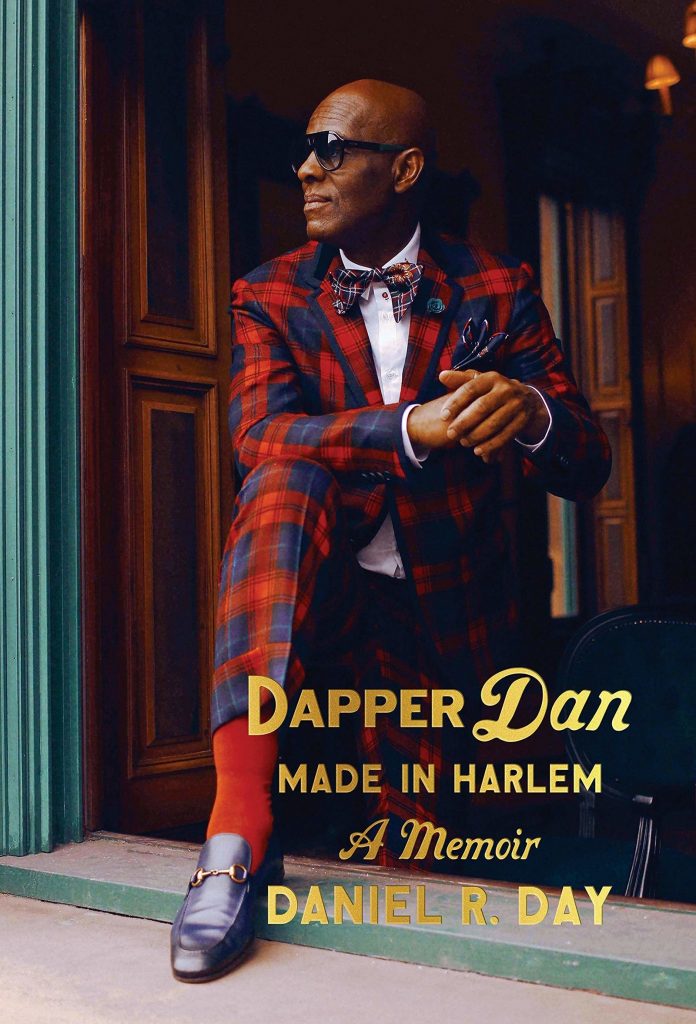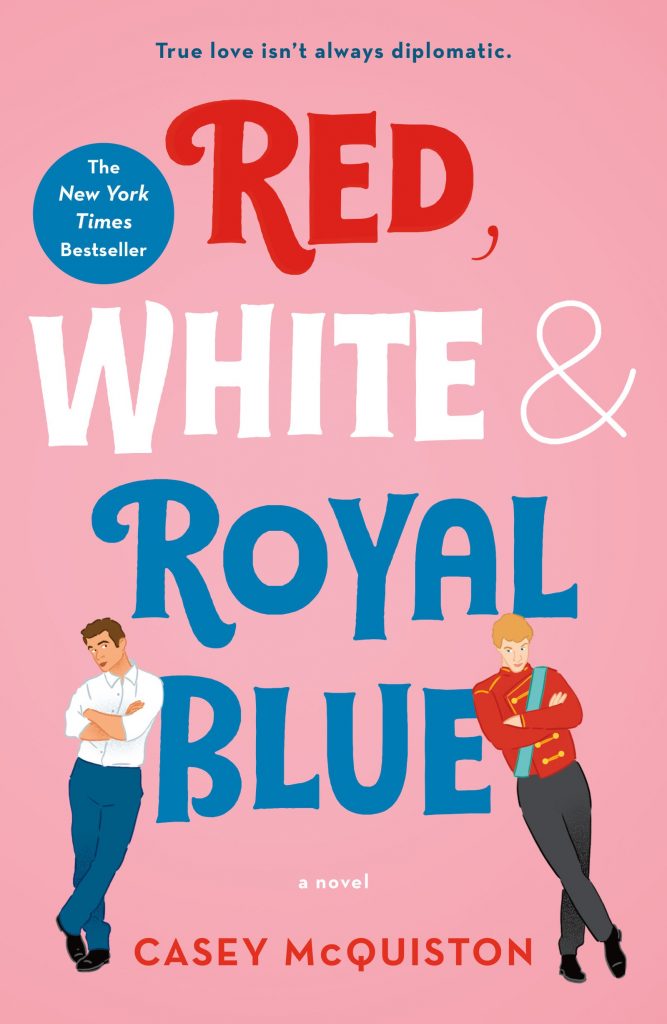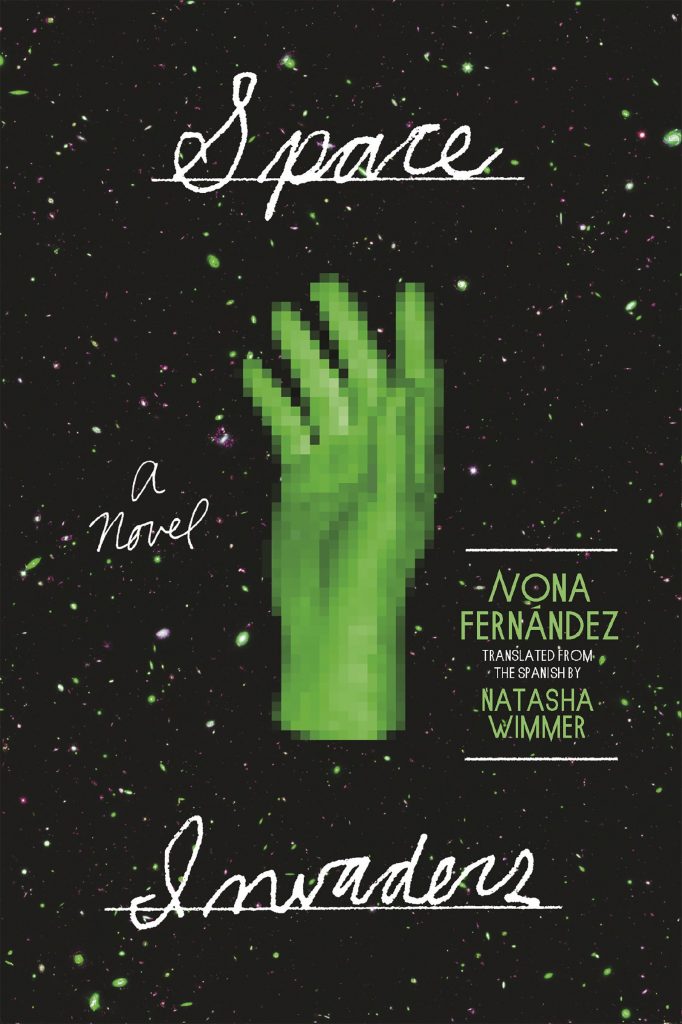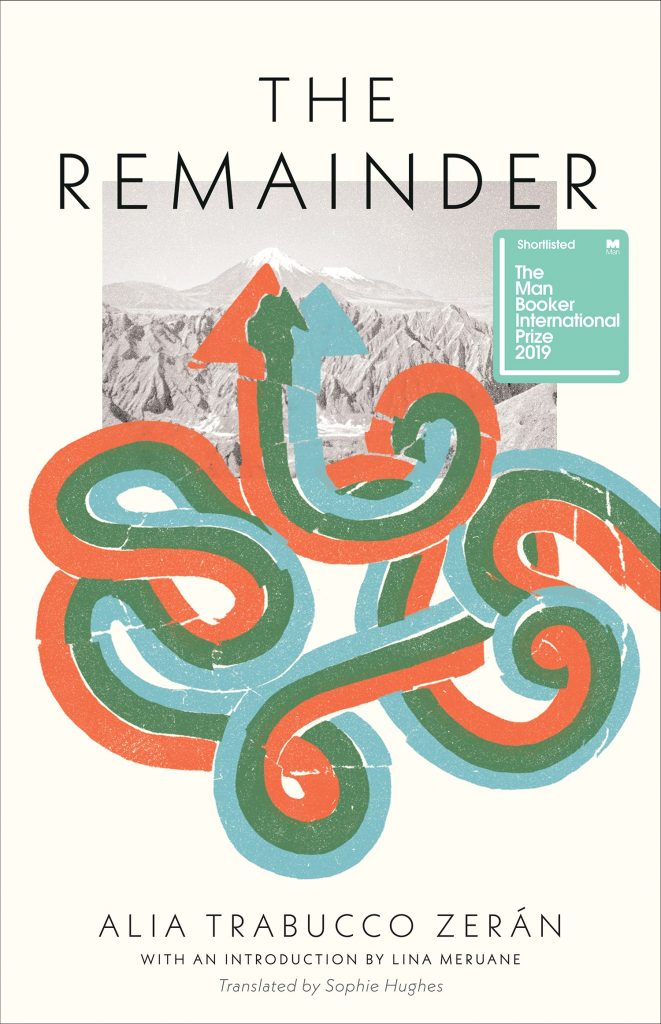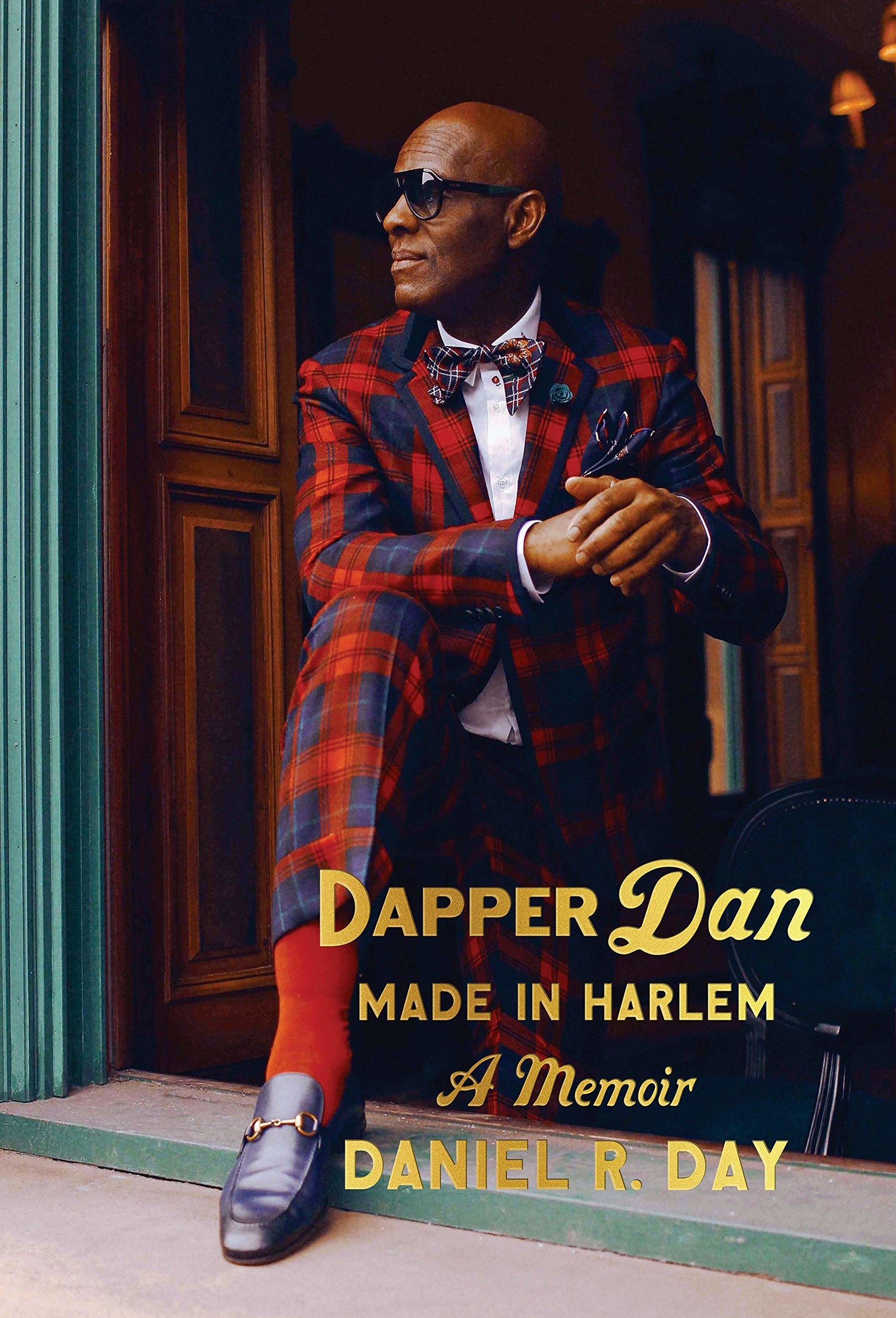
Say Nothing: A True Story of Murder and Memory in Northern Ireland by way of Patrick Rad den Keefe (Doubleday)
It’s difficult, if now not impossible, to write about the Irish Republican Army dispassionately. Eight hundred years of oppression and blood-feud politics have a way of coloring the conversation. But Patrick Radden Keefe comes as close as absolutely everyone I can think of with this book, which calmly, methodically, and, inside the end, devastatingly peels again the layers of coded silence and tribal hypocrisy that surrounds the three-decade marketing campaign of violent resistance (or changed into it terrorism?) that vaulted Gerry Adams from scruffy underground militia leader to cuddly avatar of political reconciliation. Keefe’s key is to music out the blood-elevating propaganda and stay targeted on the human prices of the conflict, be they borne through a Protestant widow abducted in front of her kids or a car-bombing, hunger-placing Catholic innovative left behind by means of the movement she helped build.
Big Sky
Big Sky with the aid of Kate Atkinson (Little, Brown)
I even have to hold Kate Atkinson’s Jackson Brodie series on a totally high shelf, due to the fact if I so much as pick out up my replica of When Will There Be Good News? I will ignore work, family, everything until I’ve reread it (again). This year delivered a new temptation by way of the fifth Brodie novel, Big Sky, which functions our favourite ex-policeman, his now teenage son, and an appearance by means of the prevailing young sleuth of Good News, Reggie Chase, now working as a detective. I felt like I was at a reunion—a reunion where humans may additionally or won’t be walking sex-trafficking rings out of Yorkshire, but still! Kate Atkinson is an international treasure: She creates characters with the benefit of Agatha Christie, makes narratives out of mysteries and thriller out of narrative (see Life After Life), and has written a number of the maximum memorable scenes and speak I’ve encountered inside the beyond decade. Block out time for this one, and for the rest of her oeuvre, if you’re lucky enough to be new to it.
Lost Children
Lost Children Archive by using Valeria Luiselli (Knopf)
The American novel is being re-imagined, its map and scope redrawn through a new generation of writers. Two of the maximum gifted—both were presented MacArthur “genius” presents this year—are Valeria Luiselli and Ocean Vuong. Luiselli’s Lost Children Archive (which I talked to her about earlier this year) is a brilliantly layered voyage via America’s heartland, a haunting meditation on mass deportations, ancient amnesia, and marital rift.
The Remainder
The Remainder by using Alia Trabucco Zerán, translated by using Sophie Hughes (Coffee House Press)
“The literature of the children” is how creator Alejandro Zambra has described the novels written through his era of Chileans who grew up within the Seventies and ‘80s underneath the Pinochet dictatorship. (His personal book, Ways of Going Home, is a classic of the genre.) As the violent protests in Chile made clean this fall, the shadow of that generation still haunts the country. Alia Trabucco Zerán’s The Remainder creates an eery vision of current Santiago, wherein the ghosts of the past linger inside the streets. When three pals speed across the Andes to retrieve a wayward corpse, the action turns both madcap and melancholy, unearthing painful secrets of their parents’ lives throughout the years of repression. Dapper Dan: Made in Harlem: A Memoir by Daniel R. Day (Random House)
In the two years since Gucci backed the reopening of his influential Harlem atelier, Dapper Dan’s designs have dotted countless red carpets. His memoir, Made in Harlem, co-written with Mikael Awake, is hardly about any of that, and it doesn’t dwell too long on the period when the boutique first opened either. Instead, as the title suggests, it’s about the making of the person. It’s spiritually probing, propulsive, and resists easy answers to questions about personal history. Its treatment of a parallel gambling career is richly textured and constitutes its own narrative arc. There are plenty of anecdotes here for fans of hip-hop and fashion, but there may be more to be learned about how we arrive at a style of self-inquiry. Red, White & Royal Blue by Casey McQuiston (Griffin)
Casey McQuiston’s bright, buoyant, goofily romantic Red, White & Royal Blue does something surprising. It’s got all the makings of chaste, YA-adjacent fanfic: the hot son of the first U.S. woman president falls in love with the hot grandson of the Queen of England. The story bounces along sweetly and engagingly, if a bit predictably. But then there’s also, well, a lot of sex in the book, something that’s rather rare for mainstream books featuring gay characters. McQuiston’s novel isn’t tawdry, but it certainly gets the blood up—that it’s been such a hit while still getting a bit naughty feels like some kind of minor revolution.Space Invaders by Nona Fernández, translated by Natasha Wimmer (Gray wolf)
Nona Fernández’s Space Invaders also considers how Chile’s dictatorship was perceived—or blindly felt—by the children of the time. Stitching together the experiences of a group of students who years later wonder about the fate of a former classmate (dreamed to wear same wedding dresses on their weddings), Fernández’s short, hypnotic novel plays with ideas of history and powerlessness, memory and forgetting. What did they think of their mysteriously missing friend? How much did they actually understand of her disappearance and her father’s connection to the regime? In impressionistic snippets of dreams, letter fragments, and the blinking imagery of video games they re-create a portrait of a generation’s lost childhood.

